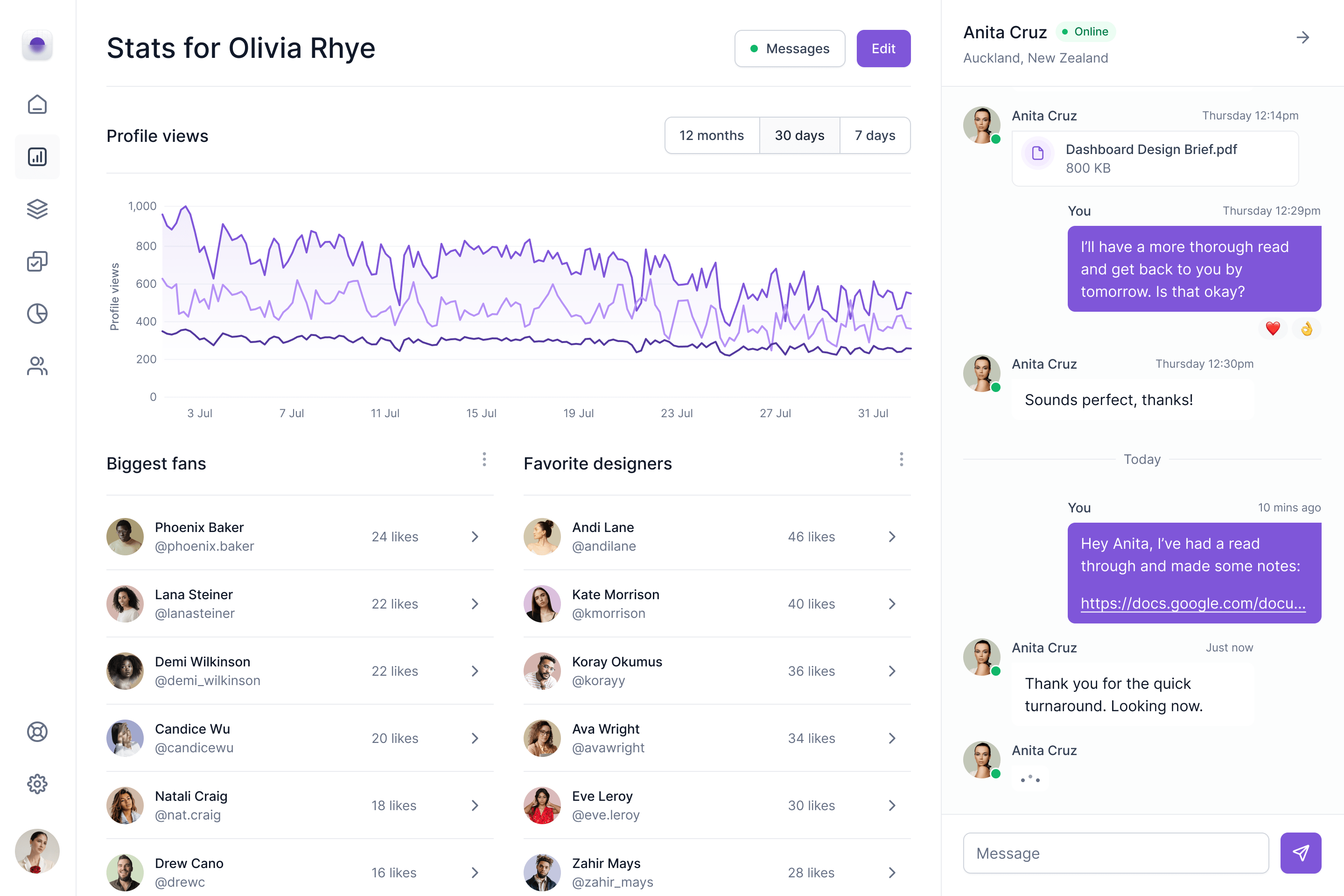The rising health challenges facing young professionals

In recent years, the insurance industry has noticed a shift that few expected: a sharp rise in sickness and permanent incapacity claims among young graduate professionals.
The assumption that health risks belong mainly to older age groups no longer holds true. In fact, as Motshabi Nomvethe, Head of Segment and Growth at PPS, explains, data shows that claims among members aged 35 and under have almost doubled between 2019 and 2024, an industry-wide trend that demands both reflection and action.
Motshabi believes the reasons behind this rise lie squarely in the way young professionals now live and work. “Our lifestyles have changed significantly,” she explains. “We sit more, we move less, our diets are poorer, and the current economic climate creates enormous stress. All of this affects musculoskeletal health, conditions that can become chronic if not treated early.”
She emphasises that many of these conditions, once assumed to be preventable through basic activity, are now becoming severe enough to lead to long-term incapacity among people in their late 20s and early 30s. “We were never made to hunch over laptops for hours,” she says. “Mobility doesn’t mean running marathons. It can be as simple as standing up every ten minutes, stretching your body, or walking during online meetings.”
But it’s not only musculoskeletal conditions. Cancer, traditionally linked to older age, has shown a noticeable increase among young professionals too. Motshabi believes the key is awareness and early action: knowing your family medical history, seeking earlier screenings where necessary, and being intentional about lifestyle choices. “Something as simple as chronic physical inactivity can influence cancer risk. Who would have thought? But that’s what the research now shows.”
Smoking, alcohol consumption, and stress compound these risks, making moderation and deliberate well-being strategies essential.
The mental health dimension - Mental illness is now one of the fastest growing claim categories across all age groups, and young professionals are deeply affected. This mirrors PPS’s long-running Student Graduate Index, which has shown a steady rise in mental-health-related concerns from university students through to early-career professionals.
Several factors collide here: loneliness, comparison culture amplified by social media, cyberbullying, and the relentless pace of work. “In a world where we are so interconnected, we have never been lonelier,” Motshabi reflects. “Scrolling all day makes you feel informed but not connected.”
Young professionals, often working alone, away from their home communities, struggle to build meaningful support structures. Combine that with demanding workplaces and the result is burnout, anxiety and depression.
According to Motshabi, the solution begins with returning to human basics: personal connection, supportive leadership, and firm boundaries. “Work-life balance is not 50/50,” she notes. “But you teach people how to treat you. Set boundaries. Know when to push back, and when to rest. Ultimately, your mental state is your responsibility.”
“We want our members to thrive, not just survive. Healthier lifestyles improve quality of life, reduce long-term claims, and ultimately build a more resilient professional community.”





